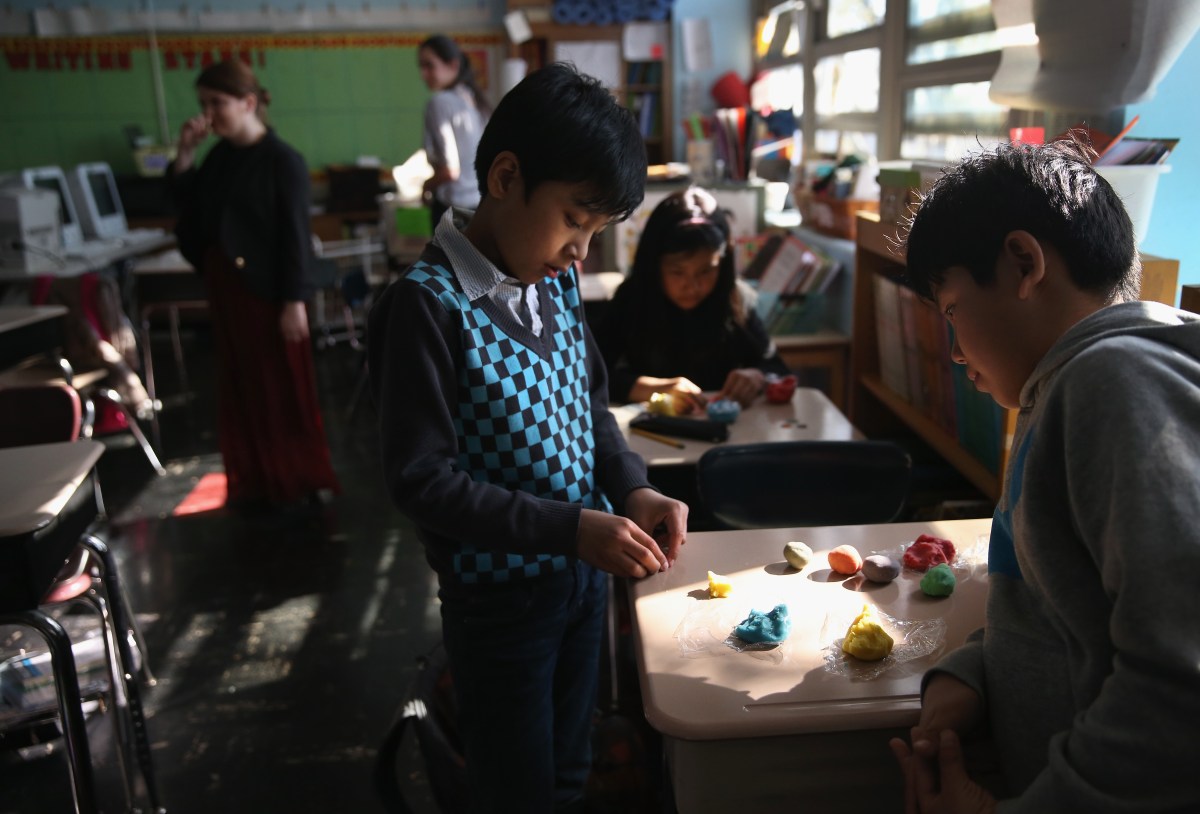Homework strikes fear in the hearts of many parents. You may not remember facts you learned in school, like the significant battles of the Civil War or the difference between a simile and a metaphor. Some things you learned are obsolete now: Pluto is no longer considered a planet, it was demoted in 2006. Here’s the good news: When it comes to homework help, asking the right questions is more important than knowing all the answers. Use these smart prompts to direct your child’s work and teach important learning-management skills:
1. Do you have a written (or online) assignment to follow?
Students may struggle with homework, because they don’t recall what they were supposed to do. Make sure your child is using the guidance his teacher provided, so he completes all the objectives. Encourage him to track his progress by crossing off items as he finishes.
2. Do you understand what your teacher is asking you to do?
Even a detailed assignment won’t help if your child doesn’t understand it. Make sure your child grasps the particulars before she begins, so she doesn’t waste time doing the wrong things. Consult with the teacher if unclear expectations are a perennial problem.
3. What materials will you need?
Tracking down materials creates unnecessary distractions. Encourage kids to gather supplies before starting a project, so their work isn’t interrupted by a frantic search for the calculator, scissors, or glue stick. Keep oft-needed items in a homework caddy for easy access.
4. Are there words or ideas you don’t know?
Your child may get stuck because he doesn’t understand one or more crucial concepts. Help him identify these obstacles and search for remedial information. Encourage kids to find answers in their textbooks or online, rather than offering your interpretation. Students who can find information on their own become empowered learners.
5. Did you do similar problems in class?
Most homework assignments are opportunities to practice skills kids learned at school. Direct your child to class notes and worksheets for examples and review them together to refresh her memory. Kids should repeat the in-class procedures to solve homework problems. Shortcuts may lead to omissions or errors; teachers often require students to show work step-by-step.
6. What is the timeline for completing this assignment? Are there milestones you’ll have to accomplish?
Kids may fail to finish big projects, because they wait until the last minute to begin.
“Older children with assignments that will take several days or weeks to complete will need help in learning to manage those assignments,” says Donna Elder, a senior literacy specialist with the National Center for Family Literacy.
Clarify steps your child must accomplish and write due dates on the calendar. Kids should make their own deadlines for initial steps, like buying supplies or doing library research. Project planning reduces stress for everyone.
7. How can we break this assignment or project into smaller chunks?
Breaking assignments into segments can help kids maintain momentum. Divide a long list of objectives into subsets and use a timer to stay on task.
It’s easier to read social studies for 15 minutes than to plod through an entire 35-page chapter. Short breaks between work periods let kids stretch and refresh.
8. Where can you find the answer to the question?
Textbook authors use section headings, bold words, text boxes, graphics, and summaries to present material in an accessible way. Smart students use these tools to locate answers quickly and to organize information. Help your child use textbook cues to hone his search skills, take notes, and create his own study guides. Structured material is much easier to learn and remember than unrelated ideas.
9. How did you get your answer? Why did you answer this way?
Monitor the homework process by checking kids’ work.
“If there are errors, help kids self-correct by asking them to explain their logic or to show you what source of information they used,” says educational psychologist Dr. Jennifer Little, creator of Parents Teach Kids (www.parentsteachkids.com), a collection of modules that show parents how to teach foundational learning skills at home.
If your child insists his wrong answer is right, Little says, “Let it go.” Errors show the teacher what needs to be covered (again) in class.
10. Where can you go to get extra help?
Your child may be anxious that there isn’t an instructor standing by during homework. Let her know it is okay to reach out if she’s stuck. There’s no such thing as a stupid question.
• • •
Do your best to keep a positive attitude during study time.
“Homework is not a punishment,” says Elder. “It takes practice to learn new skills. Reinforce that message by rewarding progress.”
A warm hug or an encouraging word can make all the difference.
Heidi Smith Luedtke is a personality psychologist who has gleaned many practical parenting strategies from her husband’s more laid-back approach. She is the author of “Detachment Parenting.”






















